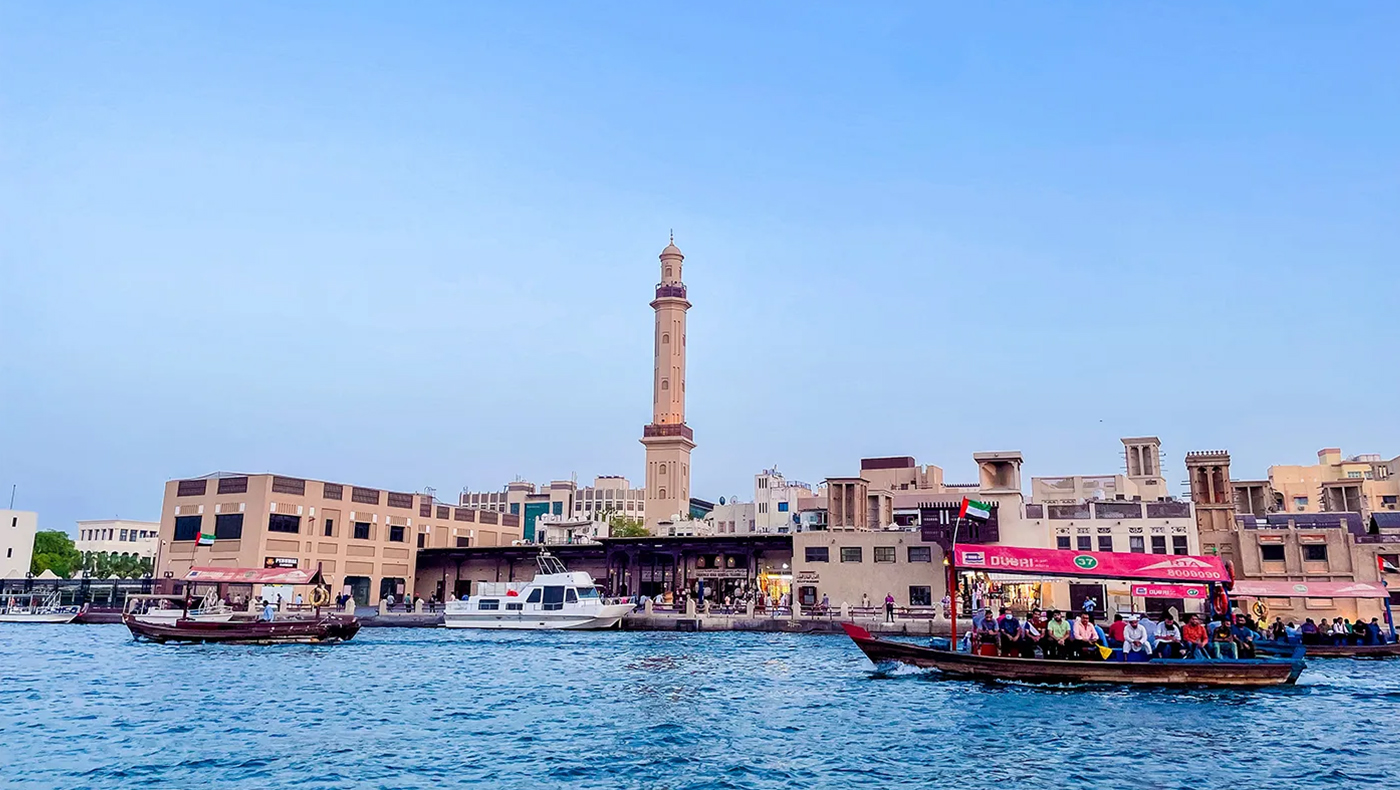The clock is ticking. Can ‘scientific diplomacy’ save the world’s hottest sea?

Already the world’s hottest coastal environment in the summer, the shallow sea between the Arabian peninsula and southwestern Iran continues to heat at a breathtaking pace.
“The Middle East is one of the worst areas in terms of how rapidly temperature change is occurring,” says Brian Helmuth, Northeastern professor of marine and environmental science.
In the past, geopolitical tensions among the gulf states precluded regional cooperation to address the effects of climate change and pollution in the water body known as the Persian or Arabian Gulf.
But an improvement in diplomatic relations among gulf nations presents “a window of opportunity” to develop a regional network of scientists to share data and come up with marine conservation strategies that cut across borders, Helmuth says in a Royal Society Open Science article he co-authored that was published Sept. 27.
The clock is ticking
Sea surface temperatures have been recorded as high as 99.5 degrees Fahrenheit in Kuwait Bay.
The result is “many of the (gulf’s) species live close to their physiological limits,” the article says.
A rise in temperature and salinity and a decrease in pH and dissolved oxygen “all make the gulf a laboratory for the most acute effects of future climate change,” the report says.
It says the gulf “is also a hotspot for rapid coastal development” and suffers pollution from the oil industry, all of which are damaging to coral reefs, mangroves, mudgrass and seagrass habitats.
The situation has gotten so perilous that the only source of freshwater into the gulf, the Shatt Al-Arab River at the confluence of the Tigris and Euphrates, has reversed its flow, says Nadia Al-Mudaffar Fawzi, a retired professor from the University of Basra, one of the report’s co-authors.
The river’s increased salinity threatens freshwater supplies in Basra, Iraq, says Al-Mudaffar Fawzi, whom Helmuth says has a courtesy appointment at Northeastern as a visiting professor due to their collaborations.
“Most of the issues come from political issues between the countries,” says Al-Mudaffar Fawzi, who adds that the decreased river flow stems from the water’s diversion upstream for electricity and agriculture.
“That’s where we came up with the idea of scientists working together,” she says.
“Scientists can act really fast, we can be nimble,” Helmuth says. “We can respond quickly because we’ve already established relationships” with organizations such as the Gulf Cooperation Council.
Read more on Northeastern Global News.
Photo by DPPA/Sipa USA via AP Images
Author: Cynthia McCormick Hibbert